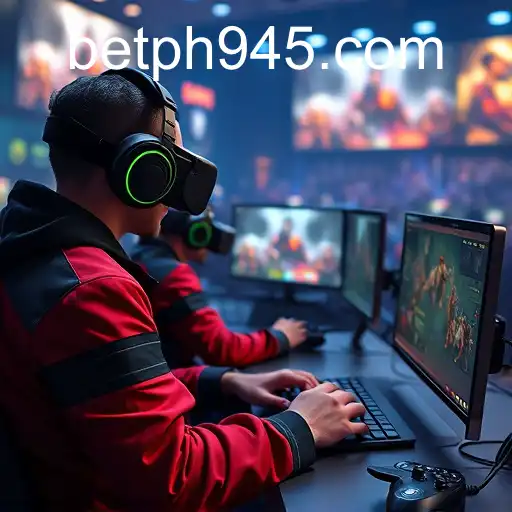Strategy Games


Exploring the Depths of Strategy Games: The Allure of Tactical Gameplay in the Digital Age

In an era dominated by fast-paced digital entertainment, strategy games have carved a niche for themselves, appealing to players who enjoy intense intellectual challenges and the satisfaction of outsmarting opponents. Known for their emphasis on strategic decision-making, resource management, and tactical thinking, this genre continues to thrive, attracting a diverse array of gamers around the globe.
The essence of strategy games lies in their requirement for players to plan meticulously and execute decisions that lead to overarching goals. These games often involve managing limited resources, commanding units, and engaging in complex battles where every decision can tip the scales between victory and defeat. While traditional boards like chess and Risk have long entertained tacticians, modern strategy games have expanded into digital spaces, offering immersive experiences enhanced by rich graphics and complex narratives.
Two main subcategories define the genre: turn-based strategy (TBS) and real-time strategy (RTS). TBS games, such as 'Civilization' and 'XCOM', allow players to take time considering their moves, providing a more methodical pacing that appeals to those who enjoy depth and foresight in their gameplay. Meanwhile, RTS games like 'StarCraft' and 'Age of Empires' challenge players to make quick, strategic decisions in real-time, often leading to adrenaline-pumping matches where reflexes are as critical as strategy.
Beyond entertainment, strategy games serve as tools for cognitive enhancement, fostering skills like critical thinking, problem-solving, and strategic forethought. For instance, educators increasingly employ games like 'SimCity' in classroom environments to teach concepts of urban planning, resource allocation, and environmental considerations, providing practical, hands-on learning experiences.
As technology advances, the future of strategy games looks promising. Developers are continuously pushing the boundaries of what these experiences can offer, integrating artificial intelligence to present more challenging opponents and creating dynamic, responsive worlds that evolve based on player decisions. The inclusion of multiplayer elements has also transformed strategy games into social experiences, where players can collaborate and compete with others from around the world, sharing strategies and forming communities.
The enduring appeal of strategy games lies in their ability to engage the mind and provide a sense of mastery. Whether through outmaneuvering opponents in a complex battle or successfully managing a thriving virtual empire, the genre's allure remains in its offering of intellectual achievement and entertainment. As strategy games evolve, they will undoubtedly continue to captivate and challenge players, proving that the power of the human mind can indeed emerge victorious in the digital space.
Gaming Landscape: A Look at 2025 Trends
Exploring the evolving gaming landscape in 2025, focusing on rising platforms, innovative technologies, and the role of PH945.
Impact of Gaming Innovations in 2025
Exploring the dynamic landscape of English game websites and technological innovations in 2025, with attention to the breakthrough influence of the 'ph945' platform.
The Rise of Online Gaming Communities
Exploring the impact of online gaming communities in 2025, focusing on the example of the English game website 'ph945'.
 Skip to content
Skip to content




